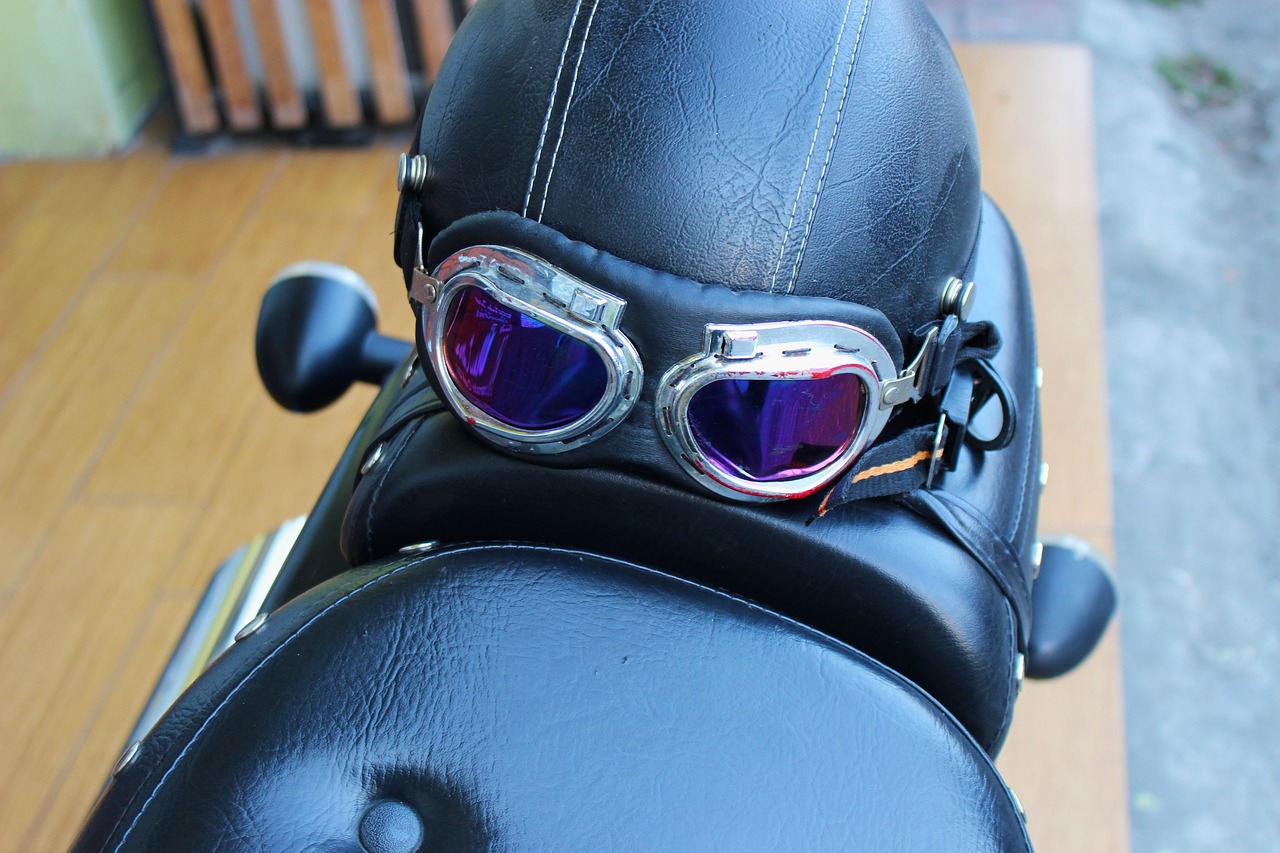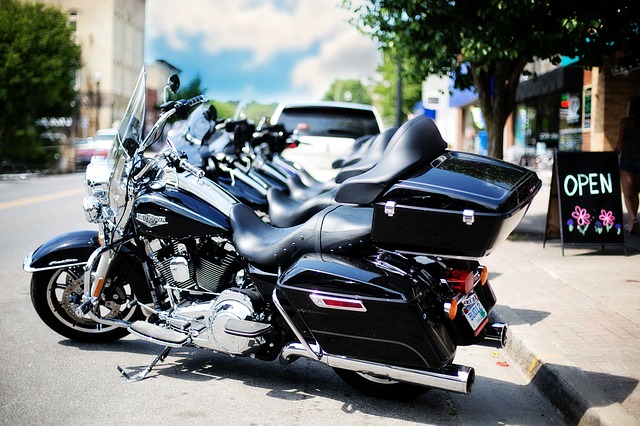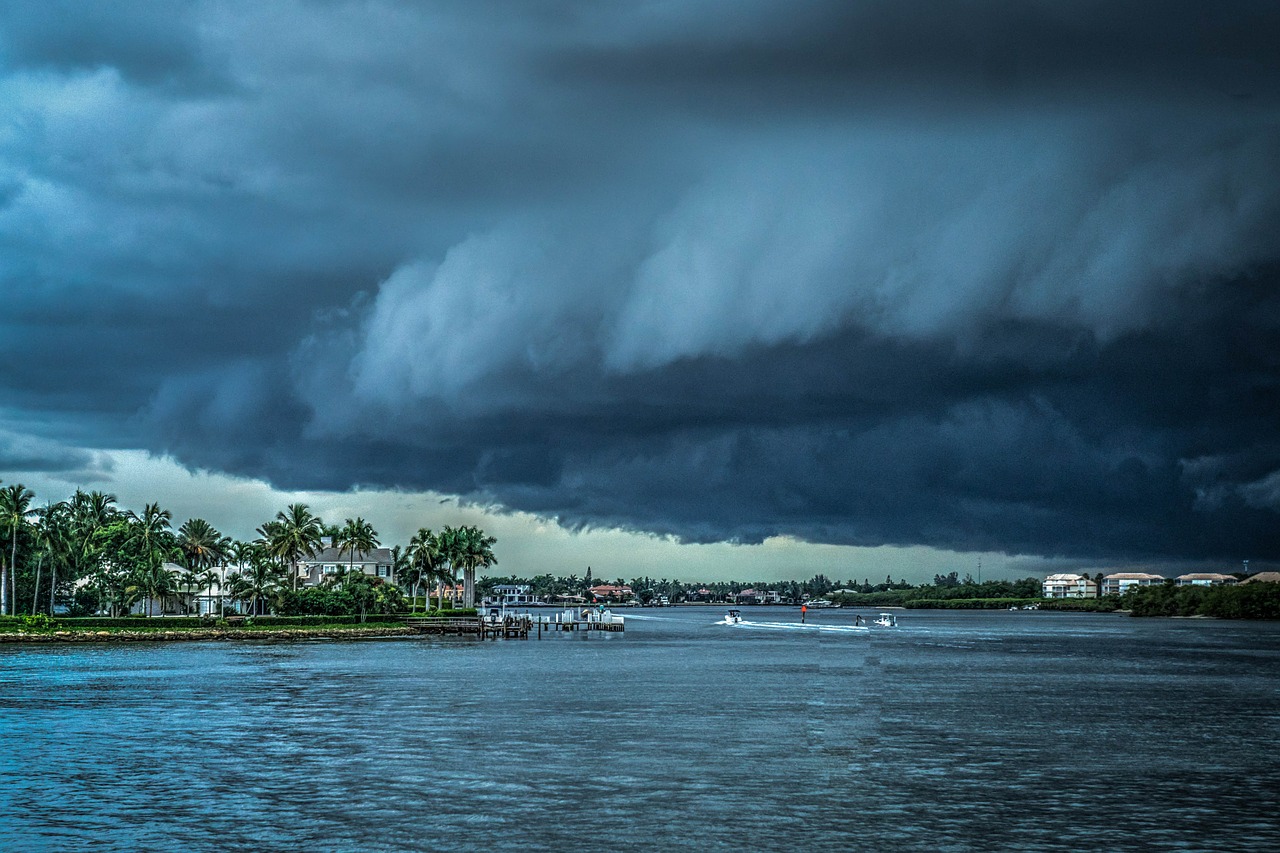
Florida Helmet Law: Do I Need To Wear A Helmet Or Not?
With fabulous weather all year round, stunning beaches and mile upon mile of open roads, the temptation to head out on your motorbike is stronger than ever here in The Sunshine State.
Riding a motorcycle is a popular past time in Florida, with over 570,000 registered bikes across the state. It is also home to the Daytona Beach Bike Week, one of the largest motorcycling events in the world. Florida’s roads are particularly good for motorcycling with Highways like I-95 and I-75 providing long stretches of open road, and the A1A road offers stunning views of million-dollar mansions and the Atlantic Ocean.
It should come as no surprise then, that Florida also has some of the highest rates motorcycle deaths in the country, even more than California, another state that is incredibly popular with bikers, despite having a substantially smaller population.
So how can we enjoy riding on our roads while remaining safe? Motorcyclists are more vulnerable than many other road users, but driving carefully and respecting the laws of the open road, can help to prevent accidents on the open road.
In fact, the State of Florida is so confident that our roads can be enjoyed without substantial risk to life or health, they repealed the universal helmet law in 2000. However, there is still some confusion about whether or not it is a legal requirement to wear a helmet while riding a motorcycle in Florida.
Do I Need To Wear A Motorcycle Helmet In Florida?
The general rule to remember is that approved safety helmets save lives, and therefore it is recommended that you do wear one to protect yourself at all times. That aside, the repealing of the original universal helmet law, now means that not every rider is legally obligated to wear one if you fall within the following exceptions:
- You are over the age of 21 and you have an insurance policy that provides at least $10,000 in medical benefits for injuries that result from a motorcycle crash.
- You are age 16 or older and are operating a motorcycle that is incapable of going faster than 30 mph on level ground and is powered by a motor with a maximum displacement of 50 cubic centimeters or is otherwise rated not in excess of 2 brake horsepower.
- You are riding in an enclosed cab.
You should, however, be aware that even if you fall into one of the categories that make you legally empty from wearing a helmet, you still need to wear eye protection while on a motorcycle or mopeds. The only exception is for people riding in an enclosed cab.
In Summary
While the freedom of being able to choose whether you wear a helmet or not may seem enticing, you are juggling with your legal obligation vs your own self-protection every time you hit the road.
Sure, the wind in your hair feels nice, but surviving a major collision without head injuries feels a lot nicer.
Insure Yourself Against The Worst Case Scenario With The Sena Group
Whatever decision you make, when it comes to riding make sure that comprehensive cover and extensive medical insurance in place. Here at The Sena Group, our agents can find the right level of coverage for you and your bike. Speak to us today at 561-391-4661 to find out more.
For more information about how The Sena Group can help you with any
of your insurance needs, please contact us at 561-391-4661.
We can be found on Social Media at the following links.




